Türkiye’s ferrous and non-ferrous metals sector recorded a 8% increase in exports in July, reaching usd 1.2 billion. The steel sector, however, saw a 3.2% decrease with usd 1.4 billion in exports. Thus, total exports in July amounted to usd 2.6 billion.
In the first seven months of the year, Türkiye’s ferrous and non-ferrous metals exports rose 6.7% to usd 7.6 billion, while steel exports increased 3.1% to usd 9.6 billion.
The Mediterranean Ferrous and Non-Ferrous Metals Exporters’ Association (ADMIB) achieved usd 78 million in ferrous and non-ferrous metals exports in July, marking an 18% increase, and usd 190 million in steel exports, down 26%. In the first half of the year, ADMIB’s ferrous and non-ferrous metals exports rose 9.1% to usd 465 million, while steel exports decreased 4.8% to usd 1.2 billion.
“Measures against dumped products must be tightened”
Commenting on July’s export performance, ADMIB Chairman Fuat Tosyalı emphasized that the industry has maintained stability in production and exports despite challenging global trade conditions.
“Global demand contraction and weak prices persist. We do not expect a strong recovery in Europe, which is a key market for us. Domestically, weak demand, price pressure, high inflation, and high interest rates indicate that profitability will remain low,” he said.
“Europe sources 20% of its steel imports from Türkiye”
Addressing China’s aggressive policies, Tosyalı stated:
“China is still unable to consume what it produces, and this problem will persist in the coming months. The steel industry, in particular, will continue facing this challenge. State-subsidized dumped products entering Türkiye from the Far East and China harm our domestic industry and, in the medium to long term, our exports. Measures taken by our ministries must be tightened.
Another threat is that Europe sources 20% of its steel imports from Türkiye, but China is trying to bypass trade barriers and enter this market indirectly. With aggressive moves in semi-finished products, China could use Türkiye as a springboard, which could disrupt our steel trade with Europe. We must take precautions, protect our gains, and act with the awareness that steel is a strategic sector. Under these circumstances, we need to maintain competitiveness in existing markets, explore new ones, and diversify our products. With our vision for sustainable growth, we must establish a stronger and lasting presence in more markets with higher value-added products.”
In July, Germany was the top destination for Türkiye’s steel exports, followed by Italy, the United States, the United Kingdom, and Romania. Among the top ten markets, exports to Morocco rose 119% and to the United Kingdom 17%.
The United States led ADMIB’s July exports, followed by Germany, Iraq, and Morocco. The most notable increases among the top ten markets were to the United States (375%), Serbia (367%), Morocco (89%), and Germany (76%).


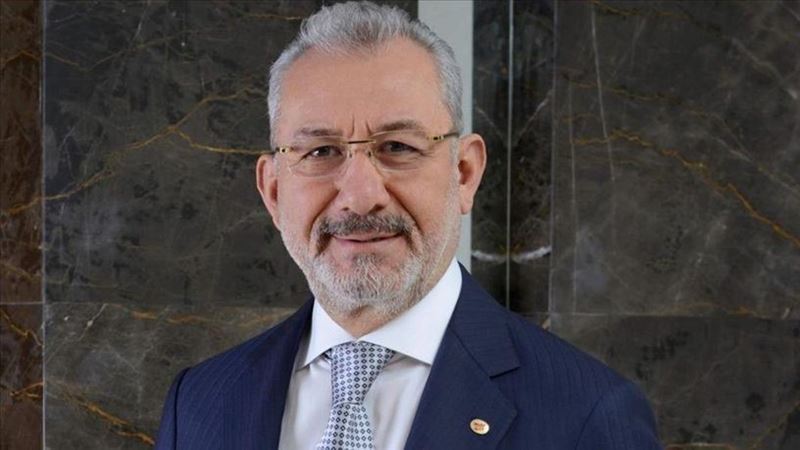

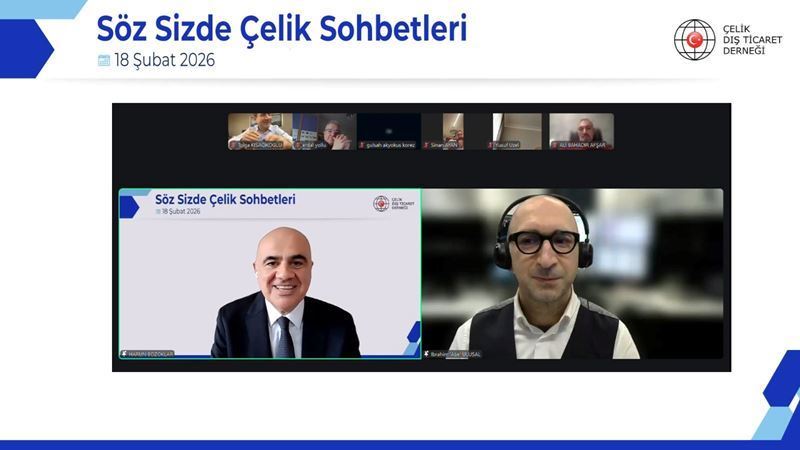
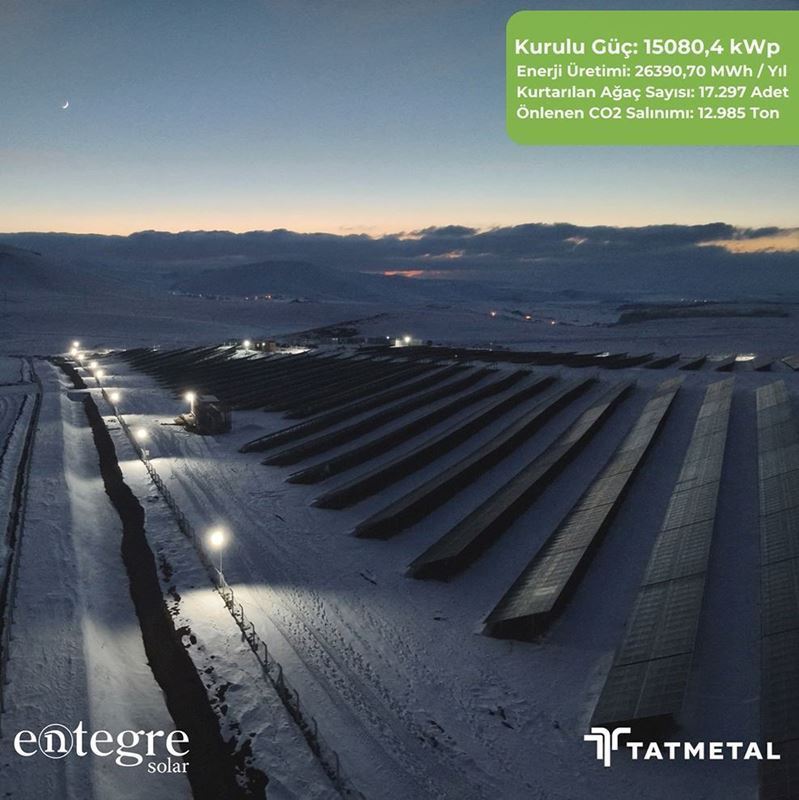
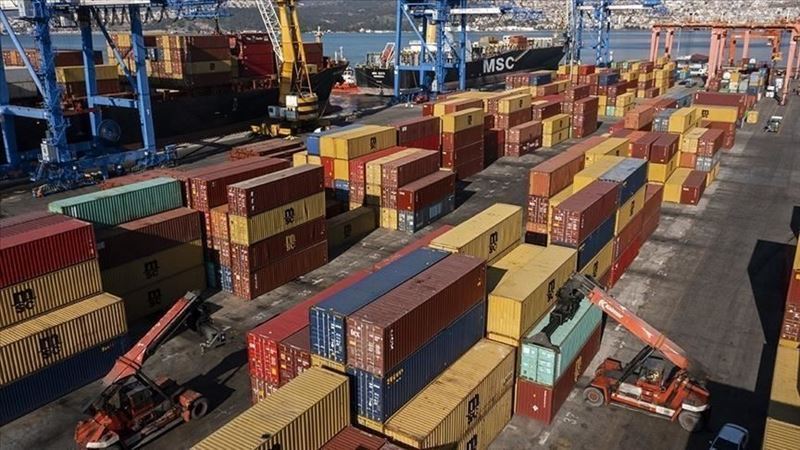
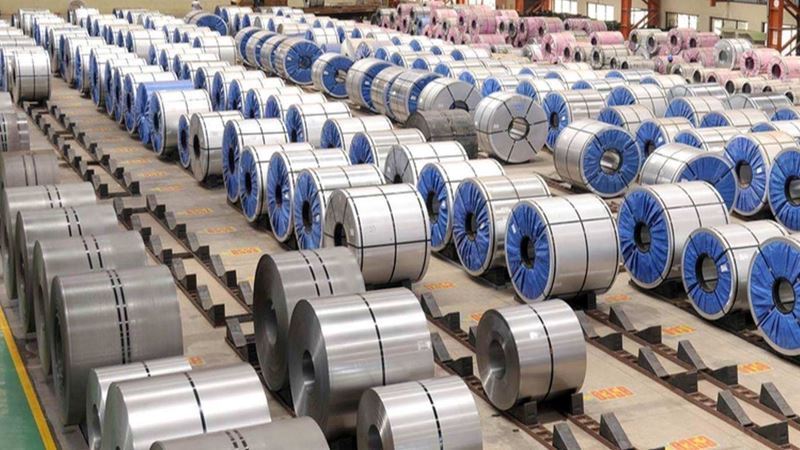
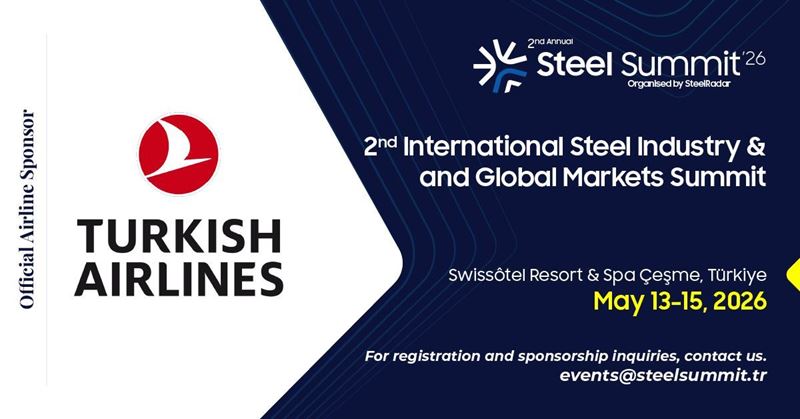


Comments
No comment yet.